How is climate change affecting salmon and shellfish?
by OB 2020-03How do salmon and shellfish survive the threats of climate change in BC?
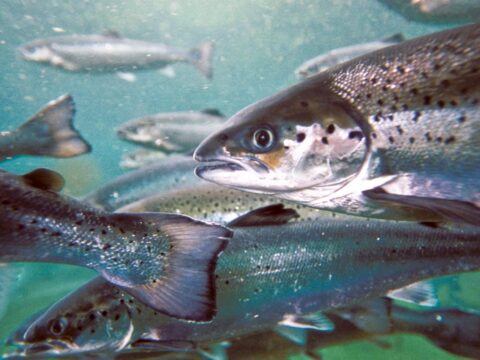
1In 1 playlists
By OB 2020-03
There are 5 species of salmon most common to the waters of British Columbia; chinook, coho, sockeye, pink and chum salmon. They are being affected by multiple aspects. One aspect is the blob. It is a large mass of warm water off the northwest coast of North America that causes some of the unusual weather conditions recently experienced along the Pacific Coast. Another aspect is the increase of carbon dioxide in the atmosphere, and in the ocean, as a result, is causing ocean acidification, which significantly impacts the salmon’s food chain.
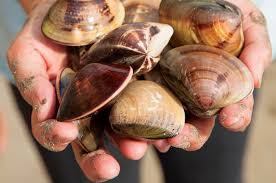
1In 1 playlists
By OB 2020-03
In BC, the most common types of shellfish are oysters, clams, prawns, crabs, scallops, shrimp, krill, geoducks, and red and green sea urchins. The shellfish such as oysters, mussels, clams, and scallops, are most affected because of the more acidic the water.
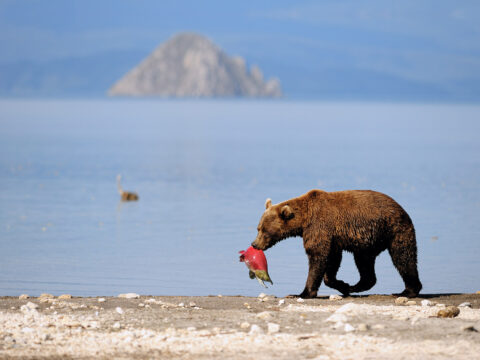
1In 1 playlists
By OB 2020-03
Without these organisms, there will be a lower food source for other animals such as killer whales, black bears, humans, harbour seals, river otters, etc. It would cause a shortage of food and some animals might go extinct or become rarer, which humans depend on.
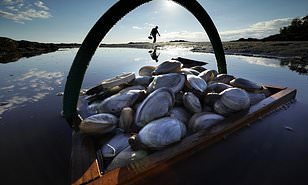
1In 1 playlists
By OB 2020-03
Oysters and other shellfish are being affected because the oceans are becoming more acidic. In the past 200 years, the ocean has become 30% more acidic. This makes it more difficult for shellfish to build their skeletons from calcium carbonate.
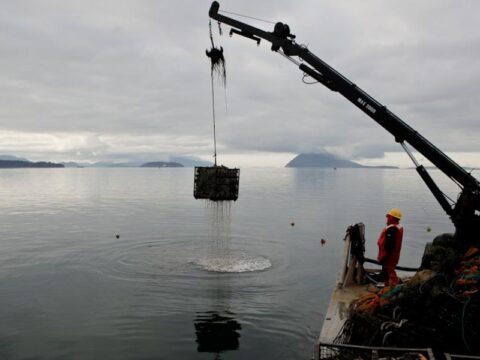
1In 1 playlists
By OB 2020-03
If salmon went extinct, then the predators would decrease or go extinct. also, if salmon were to go extinct, then the prey would increase because they wouldn't have something eating them anymore. This would lead to an overpopulation of the prey of salmon, like polychaete worms, krill, herring, etc. Without shellfish then there would be an increase of dead zones. without filter-feeding shellfish, nutrients build up resulting in an event known as Eutrophication. Without shellfish, algae and bacteria begin absorbing the nutrients along with oxygen in the water. Without oxygen, there will be a decrease of fish, resulting in a dead zone.
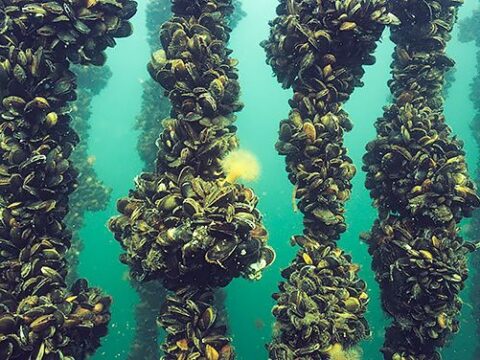
1In 1 playlists
By OB 2020-03
Climate change will alter the marine ecosystem of our coast. it would make it harder for raising salmon in fish farms, and the wild. In return, BC's coast would gain 46% more environment, which would make it make it easier for shellfish farmers.
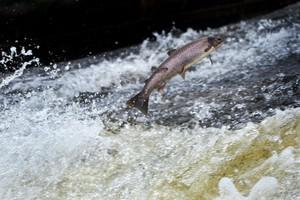
1In 1 playlists
By OB 2020-03
Salmon in BC may possibly be pushed off of people's plates because of climate change in the future decades. Global warming will most likely reduce the areas that people normally farm Atlantic salmon along the west coast, according to a UBC study.
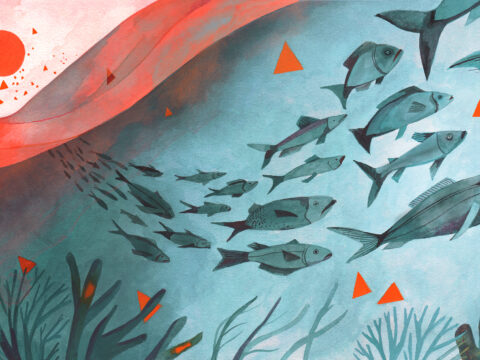
1In 1 playlists
By OB 2020-03
Fisheries Canada explains that climate change is the main factor of salmon going extinct. This happens because of the heating oceans and that they are affecting the food webs and causing declining stocks. Fisheries staff also say factors such as a human activity that degrades fish habitats such as, the landslide on the Fraser River that is blocking millions of fish from spawning upstream, causing them to suffer.
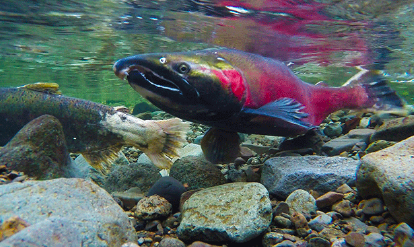
1In 1 playlists
By OB 2020-03
As climate change takes action, the summer precipitation lowers, this makes the creek at a very low water level. if the water level is low, it makes it easier for the water to heat up, making it harder for salmon to live in the waters.
